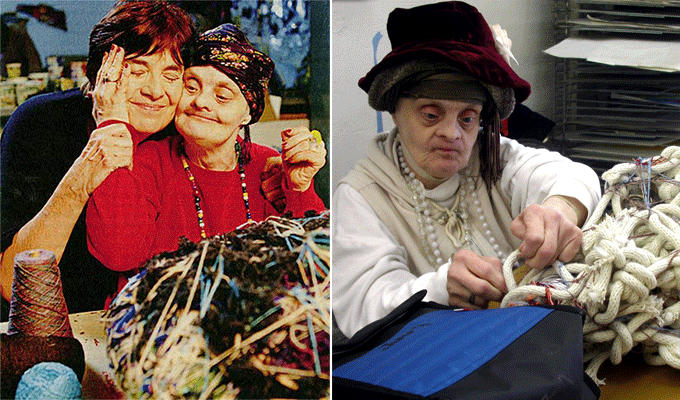
Timothy Shriver, the chairman of Special Olympics, writes in his new book, Fully Alive,
In a world where we strive for independence and self-sufficiency, people with disabilities remind us that we are all dependent in some way.”
However, there is an “impulse” to turn away from these reminders, “lock them away in institutions” and make assumptions about what people can and cannot accomplish based on their disabilities. When we see someone with a disability, we are faced with our own limitations, which we try to avoid altogether.
What if we saw our limitations as nothing else but an opportunity? A lucky chance to seek out help and get the support we need to gracefully move forward? Knowing when to ask for help or depend on another takes courage and grace.
Persons with cognitive and physical disabilities are our greatest teachers in this regard, as they have no choice but to depend on the mercy of others’ help to manage their lives, hopefully live fully, and reach their most basic goals.
Meet Judith Scott. Up until she passed away in 2005, she was a flourishing artist. She had Down Syndrome. Before her days of showing her work in art galleries, Scott spent most of her life in an institution considered to be “profoundly retarded” and “ineducable”. Read her amazing story of graceful dependence here .
